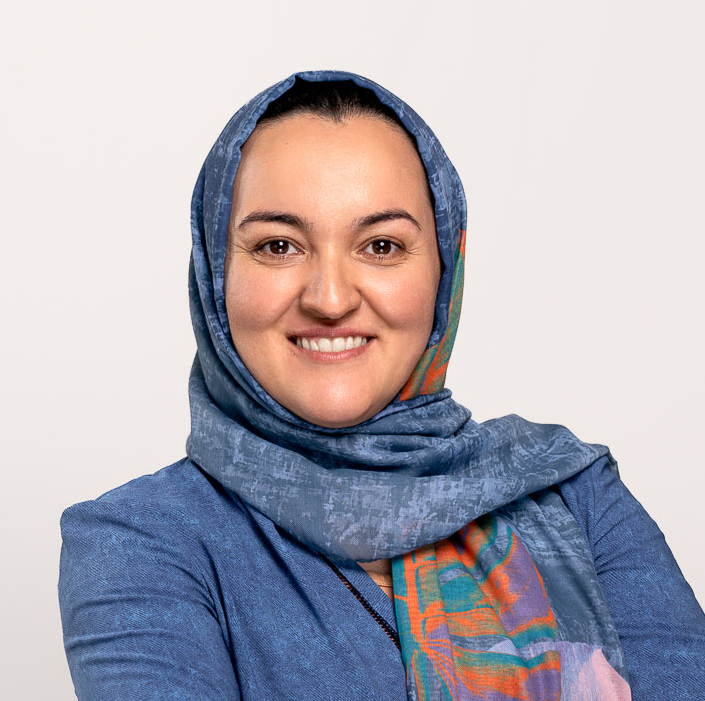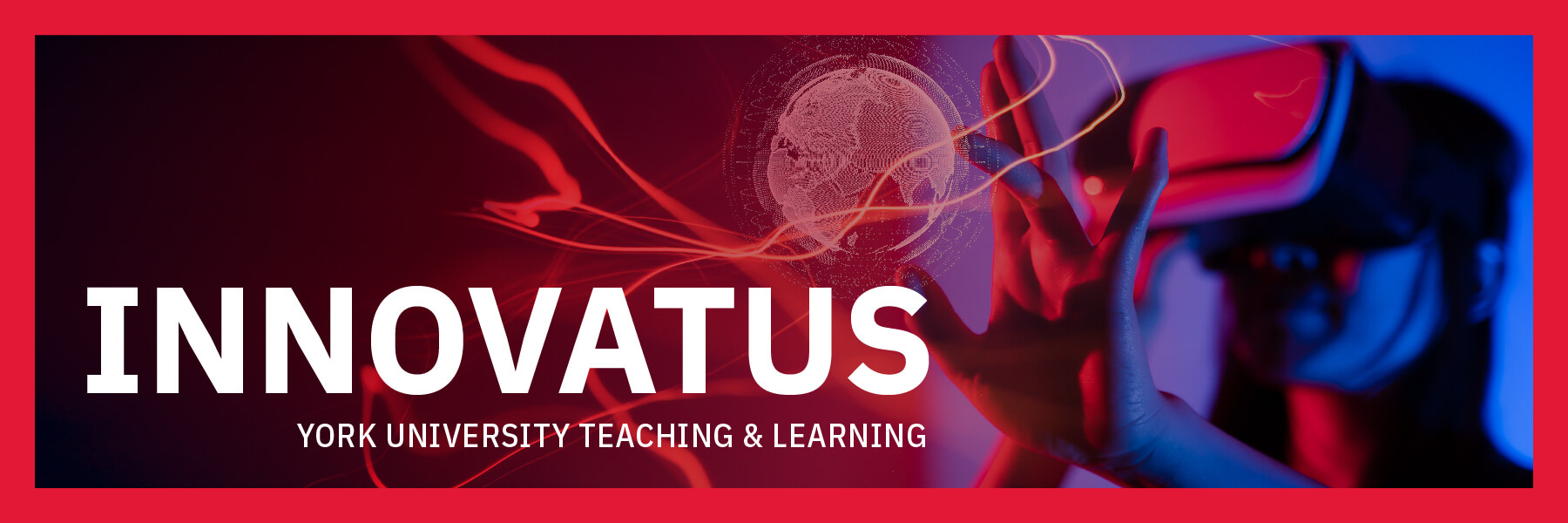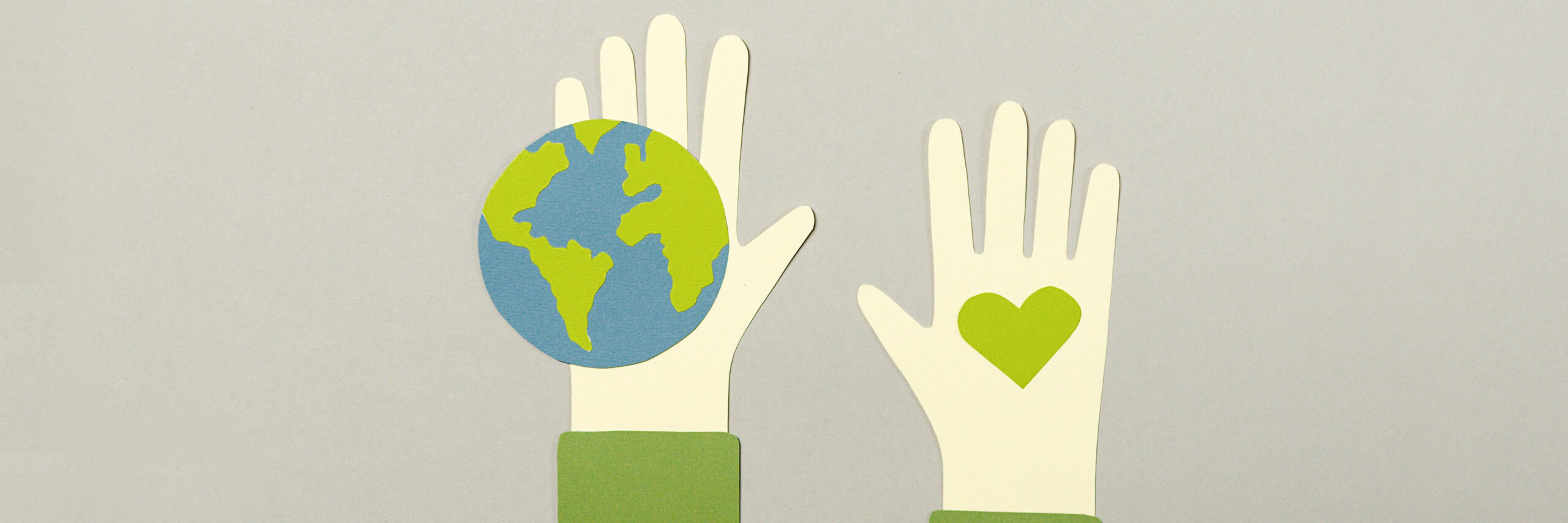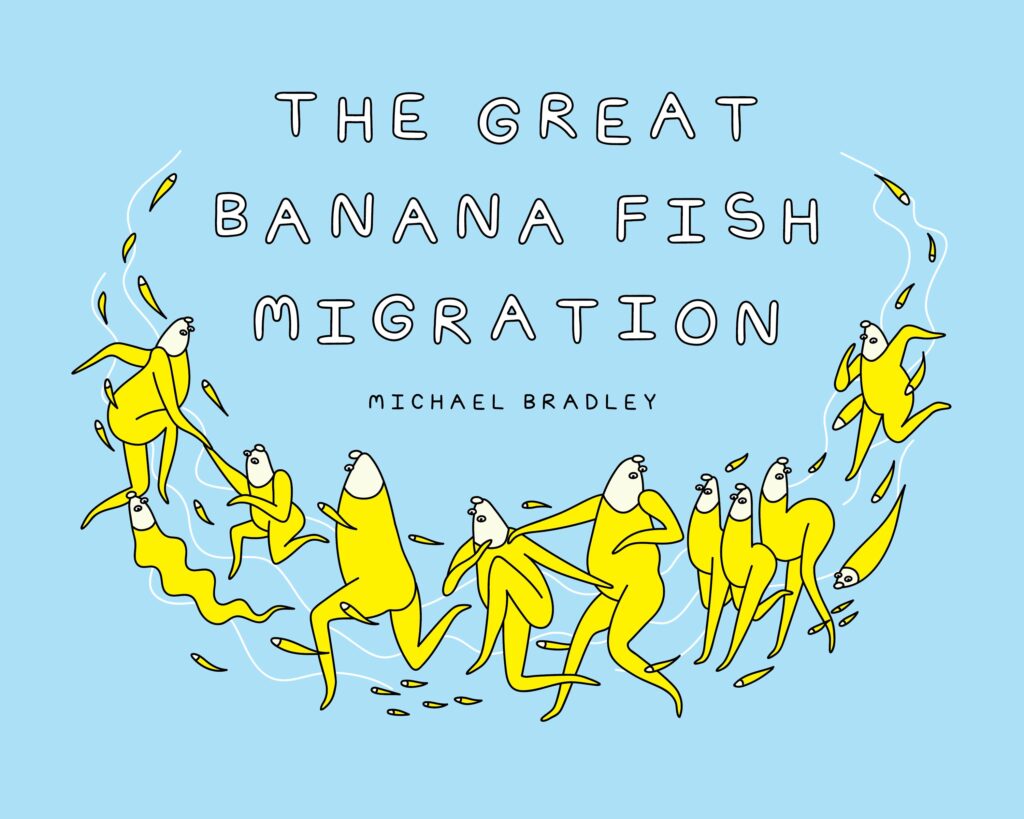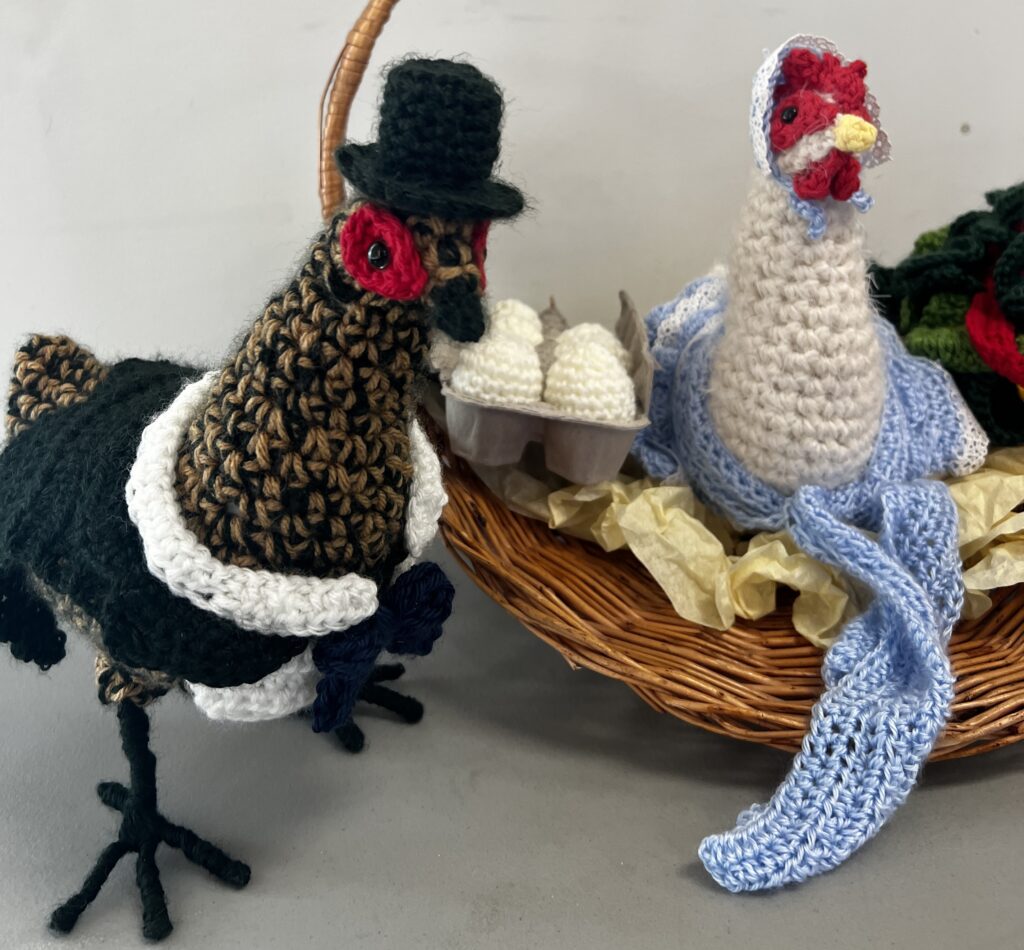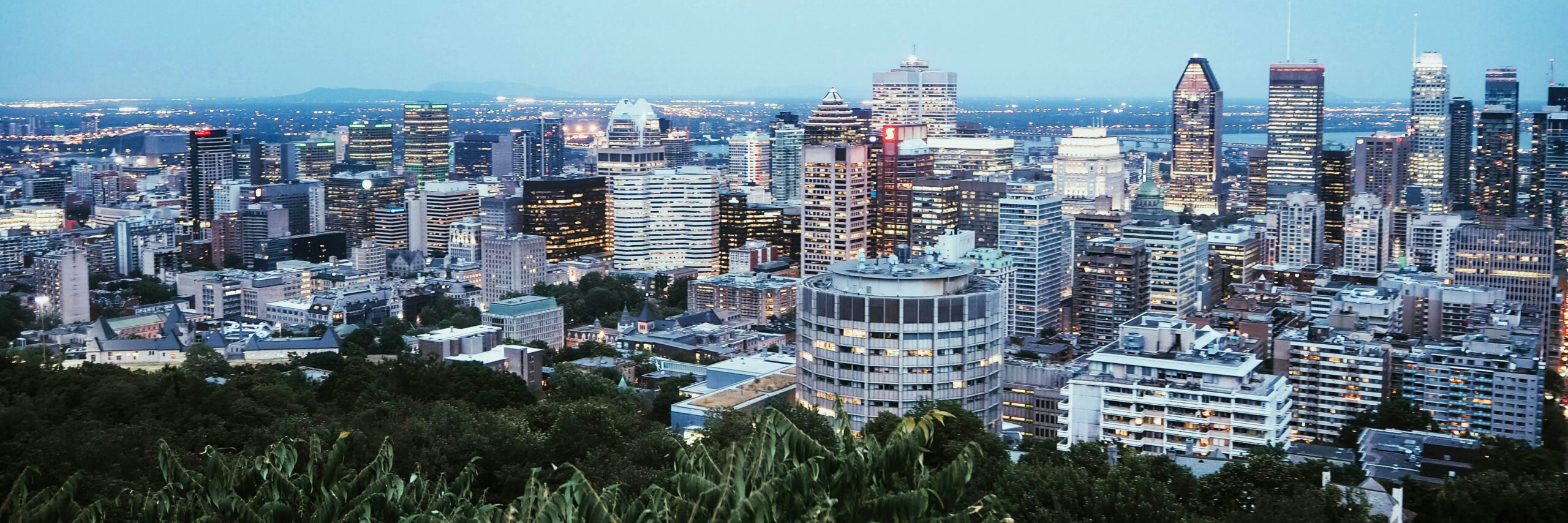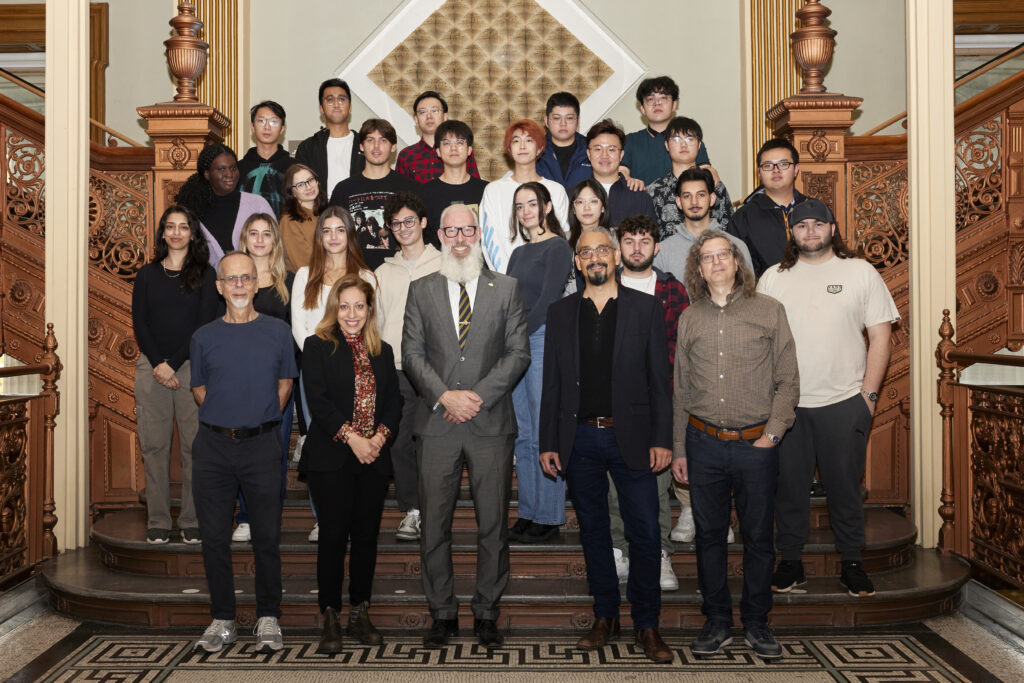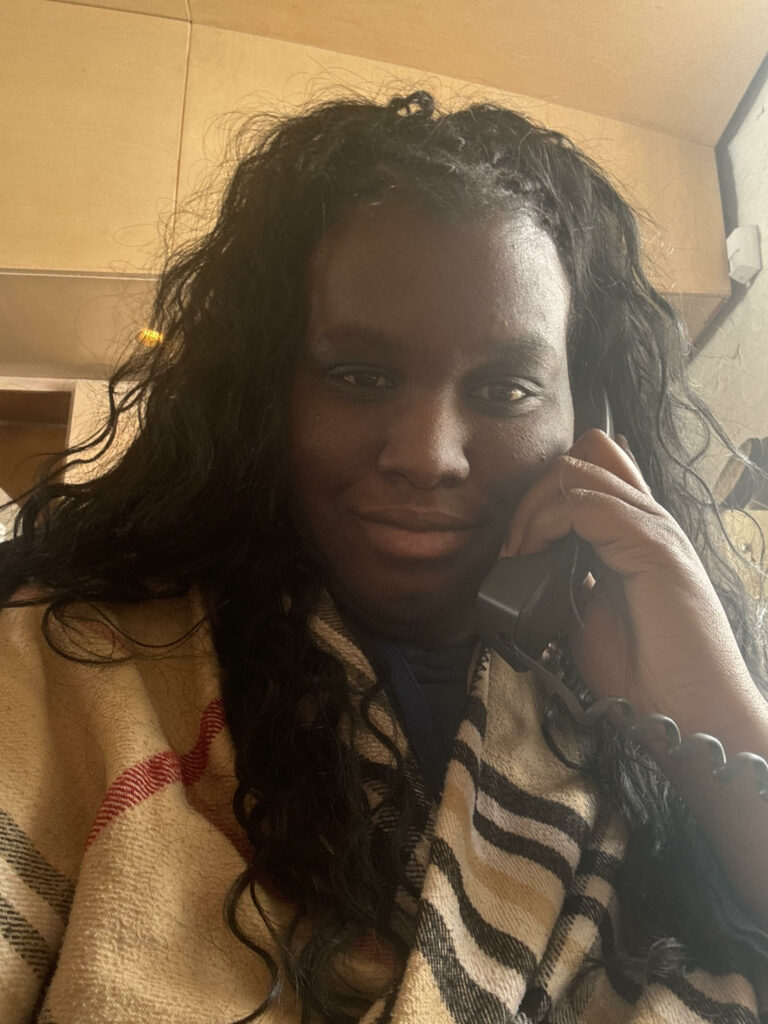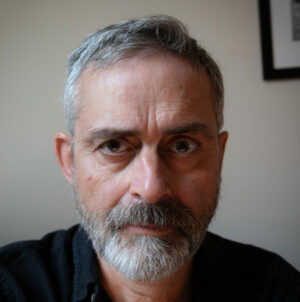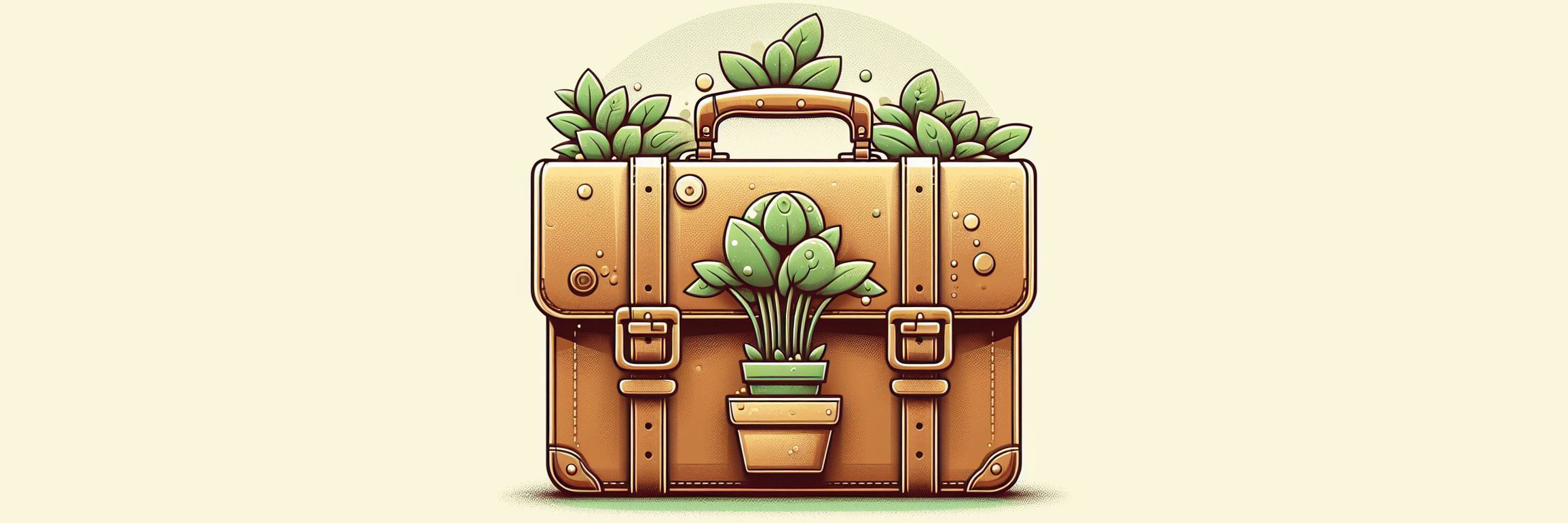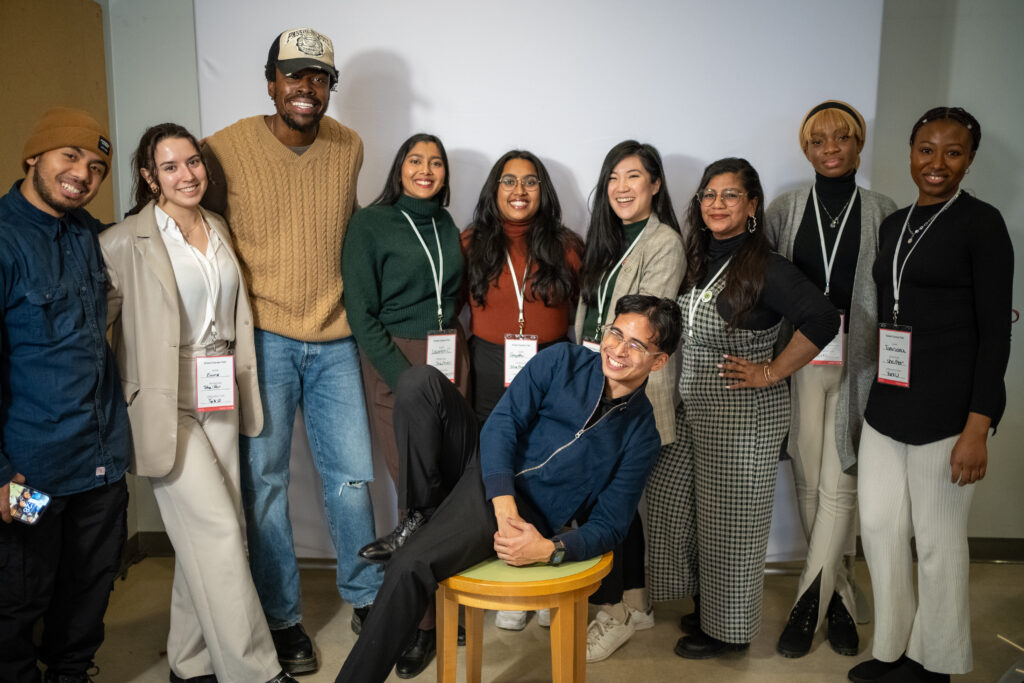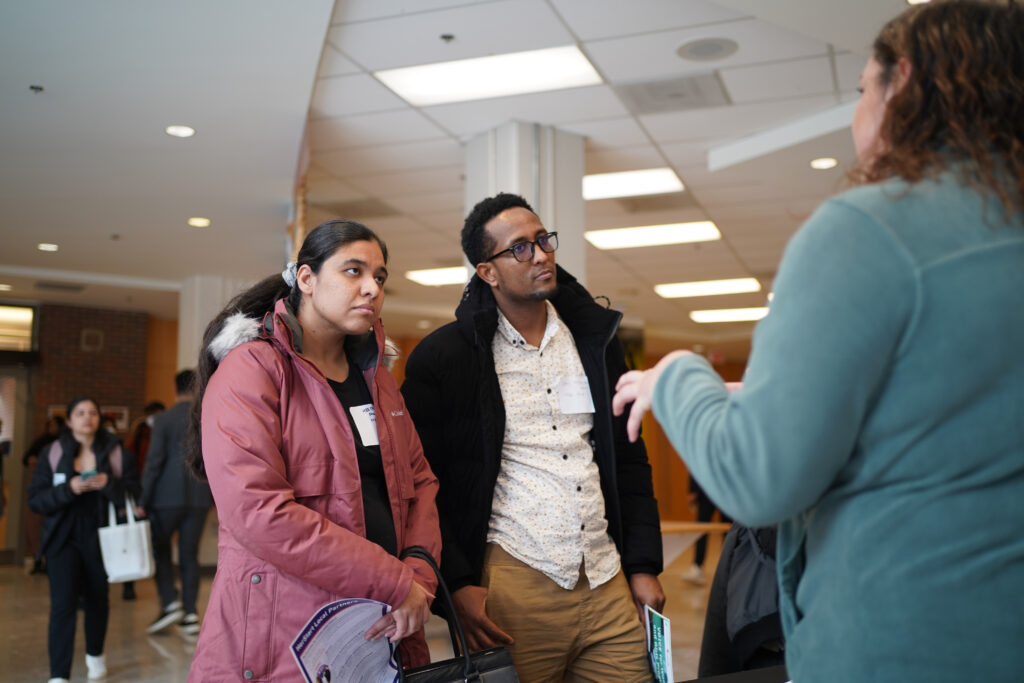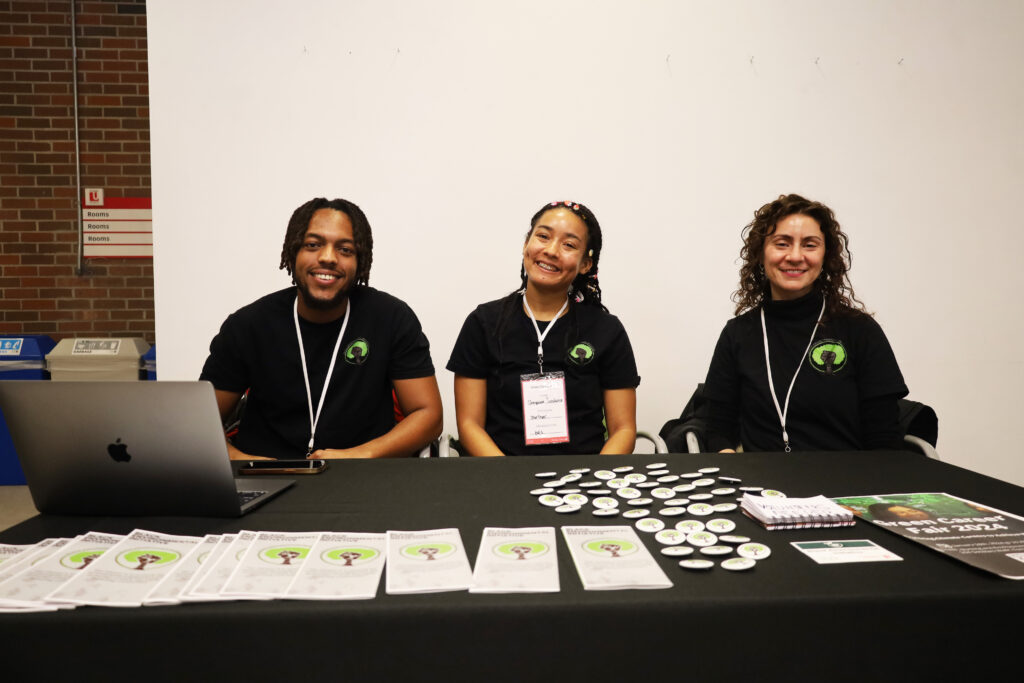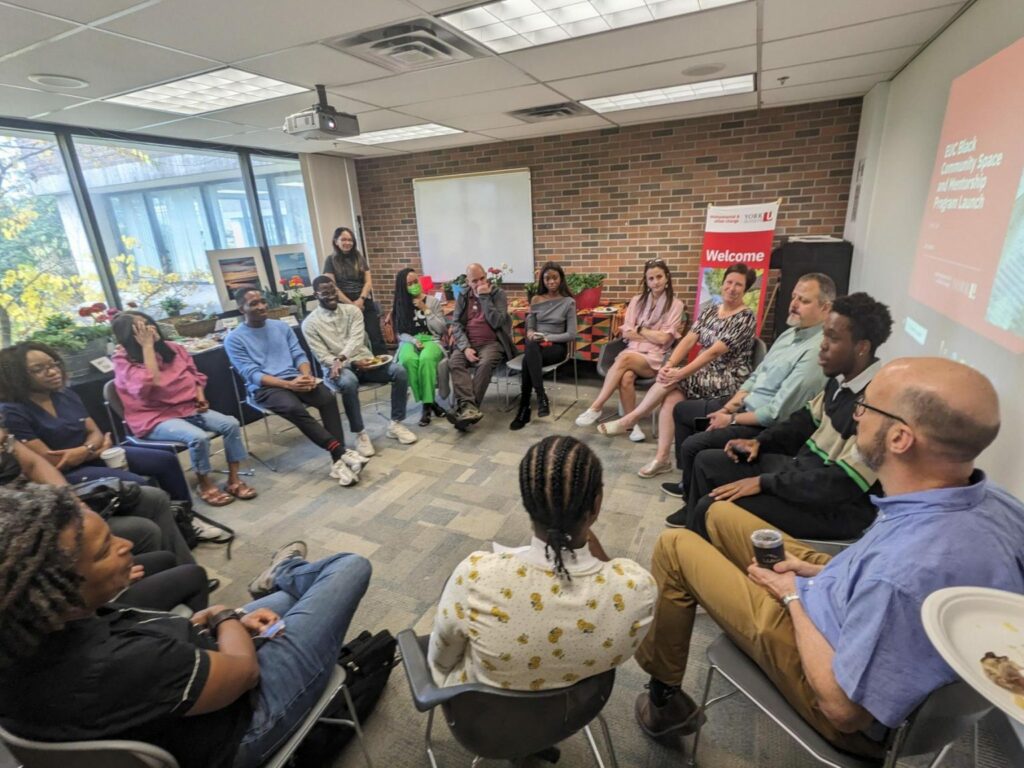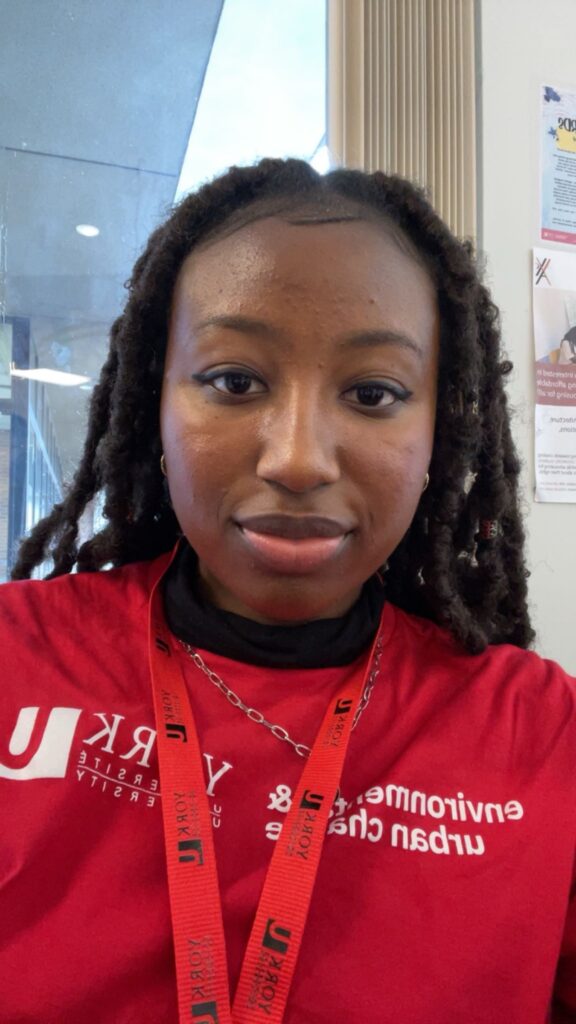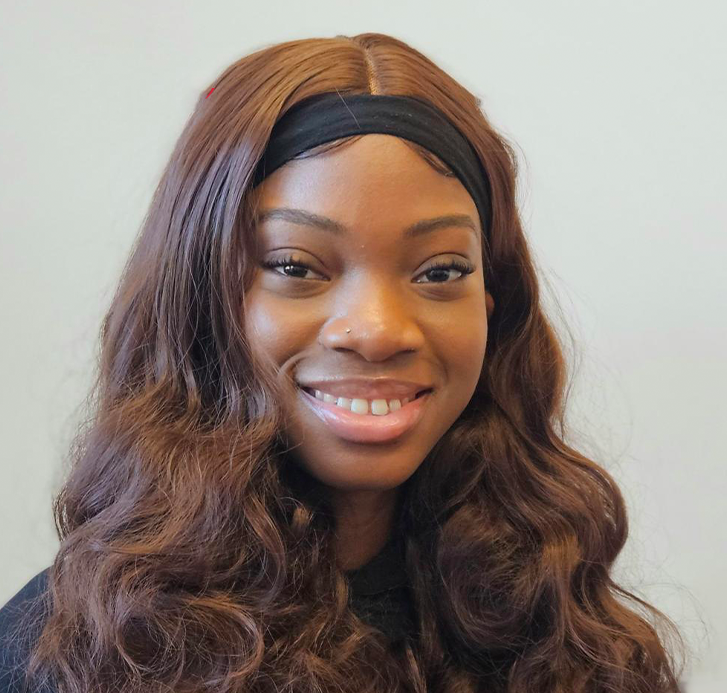Safety and Health Week, which runs from May 6 to 10, 2024, spotlights the critical importance of health and safety in all facets of life — be it at work, home or within the community.
Throughout the week, York University will host webinars, activities and promotions related to workplace safety, health and connection. Faculty and staff are encouraged to participate individually or as a team to strengthen their sense of community and a shared commitment to health and safety.
Events and Activities
Health, Safety and Employee Well Being (HSEWB) invites all employees to take part in a variety of virtual events and downloadable activities designed to foster a culture of safety and good health.
| Event | Description | Details |
| Living Well With Stress Led by TELUS Health | This seminar will teach participants how to effectively manage stress for optimal health, well-being, and workplace productivity. | Date: Mon., May 6 Time: 1 – 2 p.m. Format: virtual session Who can participate? Staff, faculty and instructors Register |
| Championing Trans Inclusive Workplaces Led by the Canadian Centre for Occupational Health and Safety | Join us for an enlightening and educational session with Dani Gomez-Ortega, a renowned diversity and inclusion champion. | Date: Tues., May 7 Time: 11 a.m. – noon Format: virtual session Who can participate? Staff, faculty and instructors Register |
| Introduction to Psychological Safety in the Workplace for Employees Led by TELUS Health | This seminar introduces the meaning and significance of psychological safety at work and explores actions employees can take to contribute towards a psychologically safe workplace for themselves and their teams. | Date: Tues., May 7 Time: 1 – 2 p.m. Format: virtual session Who can participate? Staff, faculty and instructors Register |
| Plain Language Helps Workplace Health and Safety Led by Canadian Centre for Occupational Health and Safety | Join writing and design expert Jocelyn Pletz, as she demonstrates how plain language and design principles connect with effective health and safety communication. | Date: Wed., May 8 Time: 11 a.m. – noon Format: virtual session Who can participate? Staff, faculty and instructors Register |
| Posture Do’s and Don’ts – Chair Setup Led by Health, Safety and Employee Well-being | A 30-minute interactive demonstration on how to understand and adjust your ergonomic chair. No equipment required. | Date: Wed., May 8 Time: 1 – 1:30 p.m. Format: In-person drop-in, York Lanes Room 280A Who can participate? Staff, faculty and instructors Register to receive a credit on YU Learn |
| Posture Do’s and Don’ts Led by Health, Safety and Employee Well-being | A 30-minute seminar to learn the do’s and don’ts of neutral posture at your workstation. | Date: Thu., May 9 Time: 1 – 1:30 p.m. Format: virtual session Who can participate? Staff, faculty and instructors Register |
| Crucial Conversations for Managers Led by Organizational Learning and People Excellence. | This course examines various communication models to help move individuals from disagreement to dialogue. | Date: Fri., May 10 Time: 10 a.m. – noon Format: virtual session Who can participate? Managers Register |
| B-Well Bingo | It is important for our mental health and well-being to maintain social connections with colleagues. To help facilitate this, HSEWB has created a B-WELL Bingo that you can do as a team, or individually. | Download Bingo card |
For additional resources on ways to promote and sustain mental health and well-being, visit the Employee and Family Assistance Program (EFAP), HSEWB or Well-being at York.
To see more activities, or to learn more about the history of Safety and Health week, visit Safety and Health Week.




